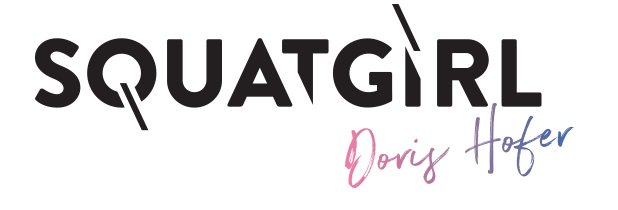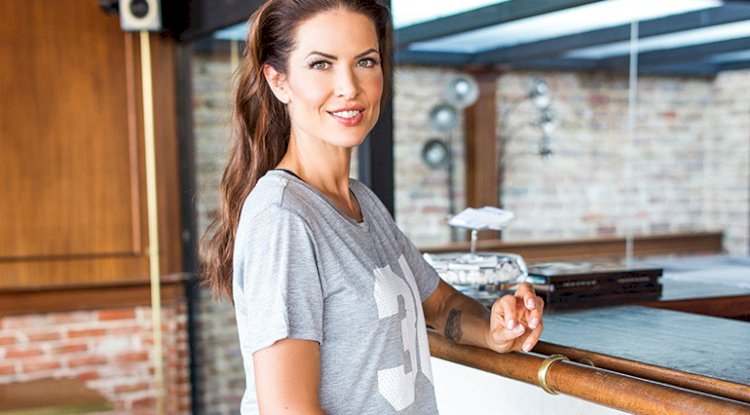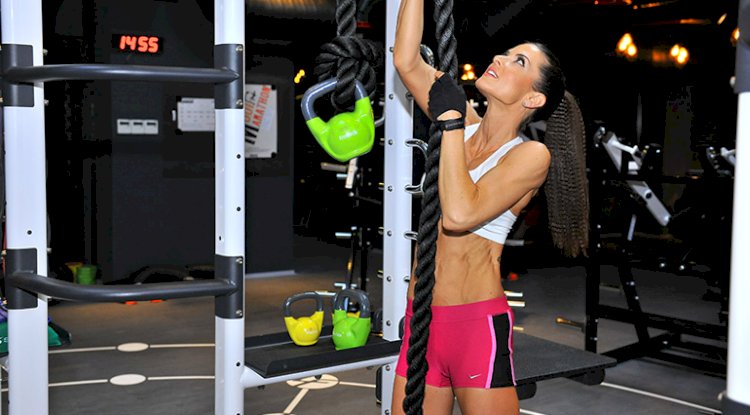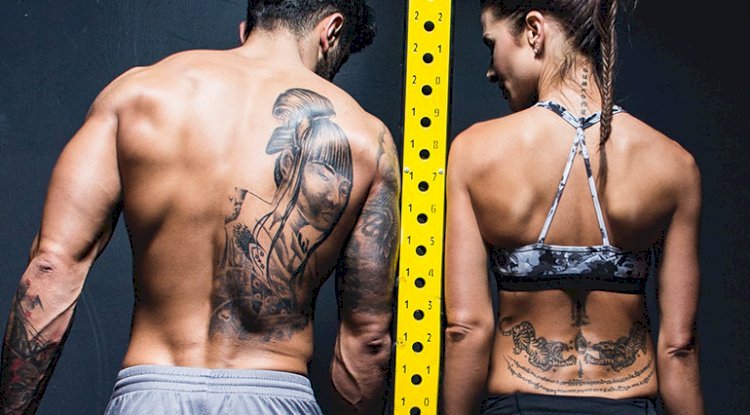Do you need protein powder?
You became quite fit and now you are wondering if you should start using protein powder.
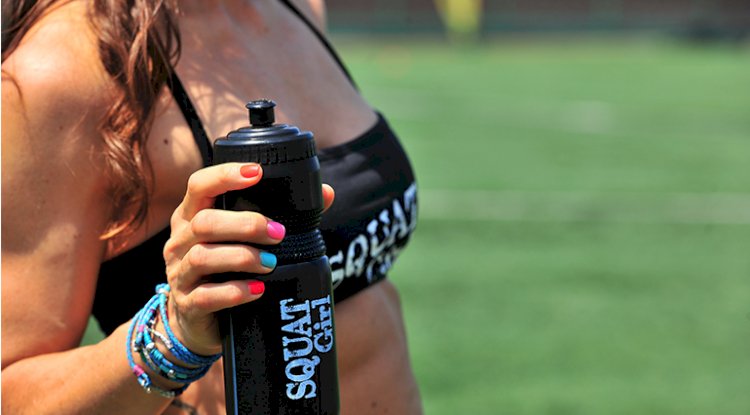
If you go to a gym or if you have friends who really are into fitness, you may have noticed that they are drinking protein shakes right after their workout. And maybe you have wondered if this is only something for bodybuilders or if you should also start using it now that you are seriously into sports.
The answer is: No, you don’t have to rely on supplements, you can get all the protein you need from eating real whole foods. Beef, chicken, shrimps, egg whites, hemp seeds, quinoa, lentils, edamame and diet Turkish yoghurt are excellent picks for sleek muscles and better athletic performance. What’s more, getting your protein from natural sources often means avoiding preservatives, genetically modified organisms (GMOs), dairy allergens (whey protein isolate) and other synthetic chemicals like aspartame, saccharin and artificial flavours which are contained in protein powder.
However, there are some people who should consider working protein powder into their daily menu plan. Take me for example: I have been a vegetarian since the age of 10. Before I became an athlete, I got more than enough protein by eating consciously (thank you mommy!). But since I train 6 days a week for 75-90 minutes, my body needs at least 70 grams of protein to fuel the muscles. One egg has 7 grams of protein. Even though I love scrambled eggs that I prepare with six egg whites and one yolk, I don’t feel like eating this or tons of lentils every day. So protein powder is a delicious alternative for me or vegans, who don’t even eat eggs and would only go for the soy protein, because they strictly avoid eating or drinking anything that derives from an animal.
From my own experience, I can tell you that I could literally observe my body getting more muscular with every day I used that scoop of protein powder. I hadn’t changed anything else in my diet, I obviously just needed a little extra protein to get stronger. And when I say a “little” I mean it. I am a vegetarian and I lift more than most men – I only take one scoop of 30 grams now and then. So imagine how little anyone else needs. If you consume too much, your body is going to break it down for energy and if you don’t burn it, he will accumulate it as fat. Too much protein can also be hard on your kidneys and your liver. So if you want to find out if you are already getting enough protein, do the math: as someone who goes to the gym 3 times a week, you need about 0.8 gram of protein per kilo bodyweight.
There are three common forms of protein powder: whey, soy and casein. Whey is a dairy protein that is a by-product of the cheese making process and it is the most commonly used. Compared to the other proteins on the market, whey is the fastest digesting protein. Actually hydrolyzed whey is the fastest, isolate is faster and concentrate is fast to be exact. The primary difference between isolate and concentrate is that the isolate is the most purest form of protein. Whey isolate usually contains between 90-94% protein while whey concentrate has a protein ratio of around 70-85%. If you are lactose intolerant and you have get bloated, then the whey protein isolate is the better choice. But just because isolate is more pure doesn’t necessarily mean that whey isolate is better or will produce more and greater muscle growth. It is even said that because isolate has been filtered more than concentrate, the protein is degraded more which apparently makes it less useful to the body. Also, isolate protein usually costs about double as much as concentrate. The casual athlete can get pretty much the same benefit out of the less expensive, more commercially available proteins.
Casein protein constitutes 80 percent of milk protein. It is recognised for its excellent amino acid content, slow digestion and anti-catabolic effect. So which one should you chose, whey or casein? They both work differently, casein is a “slow” protein that is classified as anti-catabolic, that means it prevents excessive protein breakdown. Whey protein is a “fast” protein which stimulates protein synthesis, leading to muscle growth. None of them is better than the other, you just have to find out which one works best for you. And as mentioned before, vegans will prefer soy protein. Sometimes its taste is considered to be unpleasant and it doesn’t dissolve as well in water as milk protein though.
I am often asked which protein powder I use. For me my protein powder has to taste yummy and I want it to be low in fat and high in protein. I used to use Muscletech’s Nitro-Tech Protein, now I just bought Zero Carb SRO from VPX. I usually order from www.supplementler.com because they deliver to your house and you can find good deals online.
In the end of the day, you should really be worrying more about your whole food choices rather than what protein to go with, because they will most certainly all serve its purpose.
